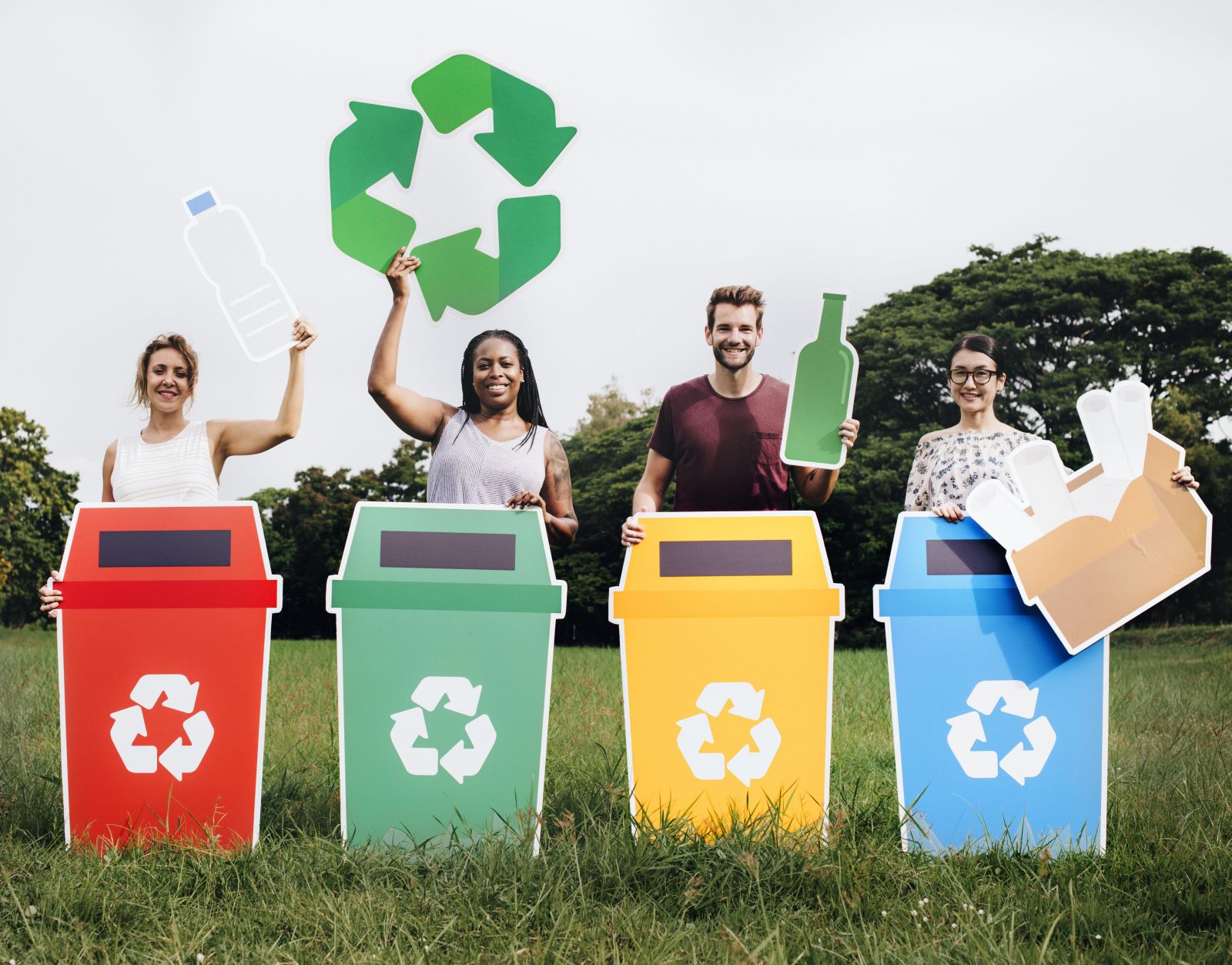Waste Diversion Strategies for South Africa
In South Africa, the challenge of waste management is becoming increasingly urgent as landfills reach capacity and environmental concerns grow. For companies in Gauteng, embracing waste diversion strategies is not only an ethical responsibility but also a smart business decision. By focusing on recycling, composting, and responsible disposal, businesses can significantly reduce their landfill waste while enhancing their sustainability profile. At A-Thermal, we’re committed to helping companies implement these effective waste management practices.
Understanding Waste Diversion
Waste diversion refers to the process of redirecting waste from landfills through various methods, including recycling, composting, and reusing materials. By implementing waste diversion strategies, companies can minimise their environmental impact, conserve natural resources, and even reduce waste management costs.
The Importance of Recycling
Recycling is one of the most effective waste diversion strategies available to businesses. It not only helps reduce landfill waste but also conserves energy and resources. Here are some practical tips for implementing a successful recycling program:
1. Conduct a Waste Audit: Start by assessing the types and volumes of waste your business generates. This information will help identify recyclable materials and inform your recycling strategy.
2. Set Up Recycling Stations: Place clearly labelled recycling bins throughout your facility to encourage employees to separate recyclable materials from general waste. Ensure that bins are conveniently located near areas where waste is generated.
3. Educate Employees: Training and awareness are key to a successful recycling program. Provide information on what can be recycled and how to do it correctly. Regular reminders can reinforce good habits.
4. Partner with Recycling Companies: Collaborate with local recycling companies to ensure that your materials are processed correctly. A-Thermal can assist you in finding reliable recycling partners that align with your sustainability goals.
Embracing Composting
Composting is another powerful strategy for waste diversion, particularly for businesses that generate organic waste, such as restaurants and food manufacturers. Here’s how to get started with composting:
1. Identify Compostable Materials: Determine which organic waste materials can be composted, such as food scraps, coffee grounds, and yard waste. This will help you set up an effective composting system.
2. Choose a Composting Method: There are various composting methods, including traditional compost bins, worm bins, and in-vessel composters. Select a method that suits your business size and capacity.
3. Train Staff: Educate employees about what can and cannot be composted. Ensuring that everyone is on board will help prevent contamination and improve the quality of the compost produced.
4. Utilise Compost: Once your compost is ready, consider using it in landscaping or community gardens, or even offering it to local farmers. This closes the loop and reinforces your commitment to sustainability.
Responsible Disposal Practices
While recycling and composting are essential, some waste will inevitably require disposal. To ensure responsible disposal, consider these practices:
1. Choose a Reputable Waste Management Company: Partnering with a reliable waste management company, like A-Thermal, ensures that your waste is handled appropriately and in compliance with local regulations.
2. Educate About Hazardous Waste: Make sure your employees understand the importance of properly disposing of hazardous materials, such as batteries and electronic waste. These items often require special handling.
3. Monitor Waste Reduction Progress: Regularly review your waste management practices to assess progress. Set measurable goals for waste reduction and celebrate achievements with your team.
By implementing waste diversion strategies, Gauteng companies can play a vital role in reducing landfill waste while promoting environmental sustainability. Recycling, composting, and responsible disposal not only benefit the planet but can also enhance a company’s reputation and reduce costs. At A-Thermal, we are committed to helping businesses succeed in their waste management efforts.
If your company is ready to act towards more sustainable waste management in South Africa, get in touch with us today. Together, we can create a cleaner, greener future for Gauteng!







